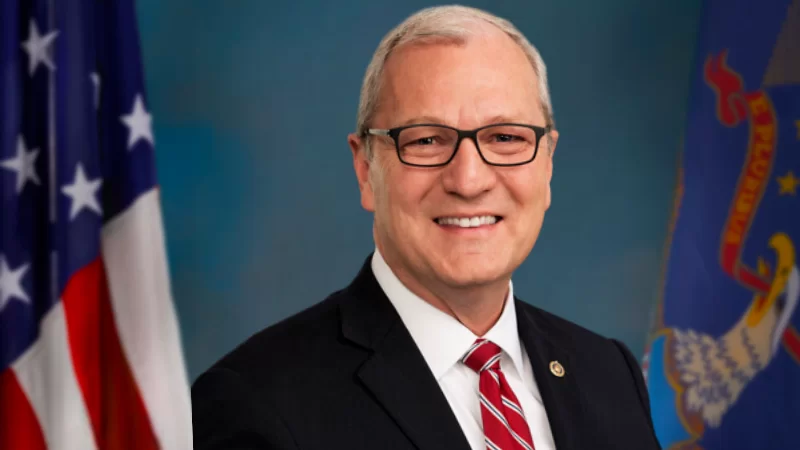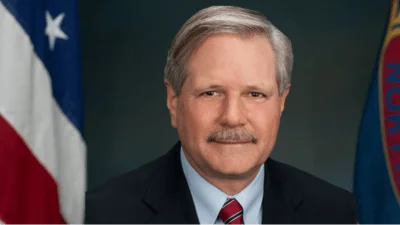Senator Kevin Cramer, US Senator for North Dakota | Senator Kevin Cramer Official website
Senator Kevin Cramer, US Senator for North Dakota | Senator Kevin Cramer Official website
Senators Kevin Cramer (R-ND) and Mark Kelly (D-AZ) have introduced legislation aimed at improving the process of disposing unneeded federal property, ultimately saving taxpayer money. The Federal Assets Sale and Transfer Act (FASTA), enacted in 2016, established a pilot program overseen by the Public Buildings Reform Board (PBRB) to recommend the disposal of federal properties. However, challenges have been identified that hinder the effectiveness of FASTA.
Senator Cramer highlighted the significant cost of keeping unneeded federal buildings open, stating, “Keeping unneeded federal buildings open for no reason is costing American taxpayers hundreds of millions of dollars each year. It’s ridiculous and must be fixed.” Senator Kelly emphasized the impact of abandoned federal buildings on communities and the need to streamline the disposal process, stating, “Our bipartisan bill will make sure the federal government can dispose of unused property, while generating a return for taxpayers.”
The legislation introduced by Senators Cramer and Kelly extends the PBRB’s termination date to 2026, reduces the minimum numbers required for a quorum, incorporates tribal input in the disposal process, and enables the use of more effective disposal methods. These reforms aim to address the challenges identified in the disposal of federal properties.
Additionally, U.S. Representatives Scott Perry (R-PA-10) and Dina Titus (D-NV-10) have introduced similar bipartisan legislation to further enhance the effectiveness of the PBRB in completing its work. The reforms proposed by Senators Cramer, Kelly, and Representatives Perry and Titus seek to ensure a more efficient and cost-effective process for disposing of unneeded federal properties, ultimately benefiting taxpayers and communities.
The bipartisan efforts to reform the disposal process of federal properties reflect a commitment to saving taxpayer money and optimizing the use of unneeded federal buildings for the betterment of communities.





 Alerts Sign-up
Alerts Sign-up